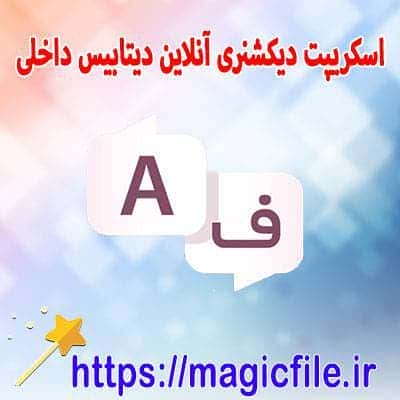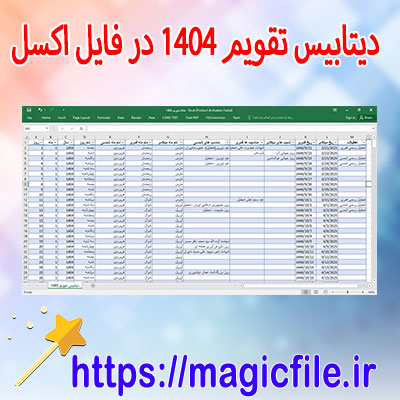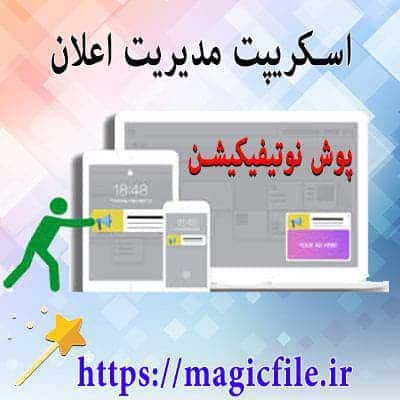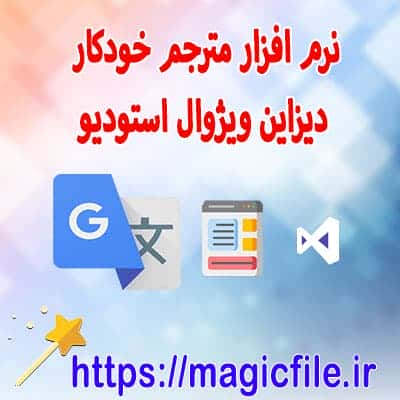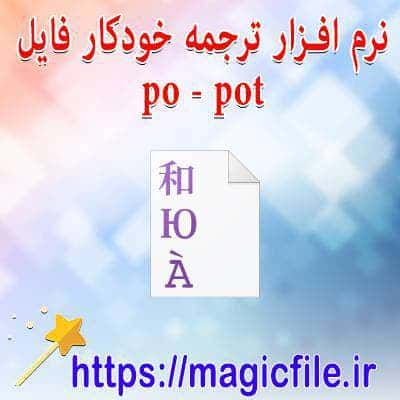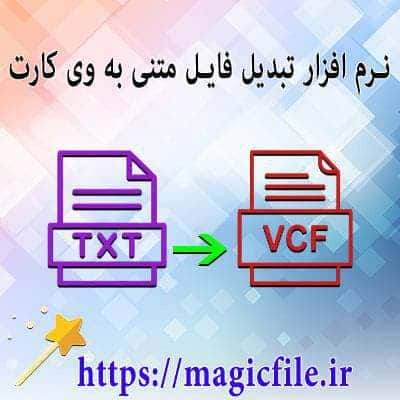DICTIONARY ENGLISH: AN OVERVIEW
یک دیکشنری انگلیسی، ابزاری است غیرقابلتصور برای زبانآموزان و نویسندگان. این کتاب به شما کمک میکند تا واژگان جدید را یاد بگیرید، معانی کلمات را بفهمید و با تلفظ صحیح آشنا شوید. در واقع، دیکشنریها به دو دسته اصلی تقسیم میشوند: دیکشنریهای عمومی و دیکشنریهای تخصصی.
دیکشنریهای عمومی شامل واژگان رایج زبان هستند. این دیکشنریها، معانی، مترادفها، و مخالفها را ارائه میدهند. بهعلاوه، توضیحات گرامری و مثالهای متنوعی نیز در آنها موجود است. از سوی دیگر، دیکشنریهای تخصصی به حوزههای خاصی مانند پزشکی، حقوق، و فناوری اطلاعات میپردازند. این دیکشنریها به طور خاص برای استفاده در آن رشتهها طراحی شدهاند.
USAGE AND IMPORTANCE
استفاده از دیکشنری انگلیسی، به شما در توسعه مهارتهای زبانی کمک میکند. از طریق بررسی معانی و کاربردهای مختلف کلمات، میتوانید دایره واژگان خود را گسترش دهید. همچنین، فهم جملات پیچیدهتر و نوشتن متون بهتر نیز ممکن میشود.
در دنیای دیجیتال امروز، دیکشنریهای آنلاین و اپلیکیشنها امکانات بیشتری را ارائه میدهند. این منابع به شما اجازه میدهند تا به راحتی و در هر زمان به اطلاعات دسترسی پیدا کنید. همچنین، بسیاری از این دیکشنریها قابلیت جستجوی صوتی و ترجمه را نیز دارند.
CONCLUSION
در نهایت، دیکشنری انگلیسی نه تنها یک منبع اطلاعاتی است، بلکه ابزاری برای یادگیری و رشد شخصی نیز به شمار میآید. با استفاده منظم از آن، میتوانید تسلط خود بر زبان انگلیسی را افزایش دهید و به یک نویسنده و گوینده کارآمد تبدیل شوید.
DEFINITION OF AN ENGLISH DICTIONARY
A comprehensive English dictionary is more than just a collection of words; it’s a vital tool that bridges the gap between language and understanding. It provides definitions, pronunciation guides, etymologies, usage notes, and sometimes even synonyms and antonyms. Its primary purpose is to help users grasp the meanings, correct usage, and pronunciation of words, whether they are beginners or advanced speakers.
HISTORICAL BACKGROUND AND EVOLUTION
Historically, dictionaries have evolved significantly. From Samuel Johnson’s pioneering work in the 18th century to modern digital versions, they’ve expanded in scope and detail. Early dictionaries primarily focused on spelling and definitions, but today’s editions incorporate phonetics, regional variations, idiomatic expressions, and even slang. This evolution reflects the dynamic nature of language itself, continuously changing and adapting over time.
TYPES OF ENGLISH DICTIONARIES
There are different types tailored for various needs. General-purpose dictionaries serve everyday language, providing clear, concise definitions. Specialized dictionaries, on the other hand, focus on specific fields like medicine, law, or science. Learner’s dictionaries are designed to make language accessible, offering simplified definitions, pronunciation guides, and example sentences. Meanwhile, historical dictionaries trace the origins and evolution of words across centuries.
KEY COMPONENTS OF A DICTIONARY
A good dictionary contains several essential elements. First, headwords—main entries—are prominently listed. Pronunciation symbols, often using the International Phonetic Alphabet (IPA), help users pronounce words accurately. Definitions clarify meanings, while etymologies reveal origins. Usage notes offer guidance on context or common mistakes. Synonyms and antonyms expand vocabulary, and illustrative sentences demonstrate proper use.
IMPORTANCE AND USAGE
Dictionaries are indispensable for students, writers, translators, and professionals. They help prevent misunderstandings, improve vocabulary, and enhance communication skills. In an era where language is constantly evolving, digital dictionaries provide instant access and updates, making them more accessible and versatile than ever before.
CONCLUSION
In essence, an English dictionary is not just a book—it's a window into the rich, complex world of language. It documents the history, nuances, and diversity of words, aiding us in mastering effective communication. Whether in print or digital form, its role remains vital in fostering language proficiency and cultural understanding across the globe.
